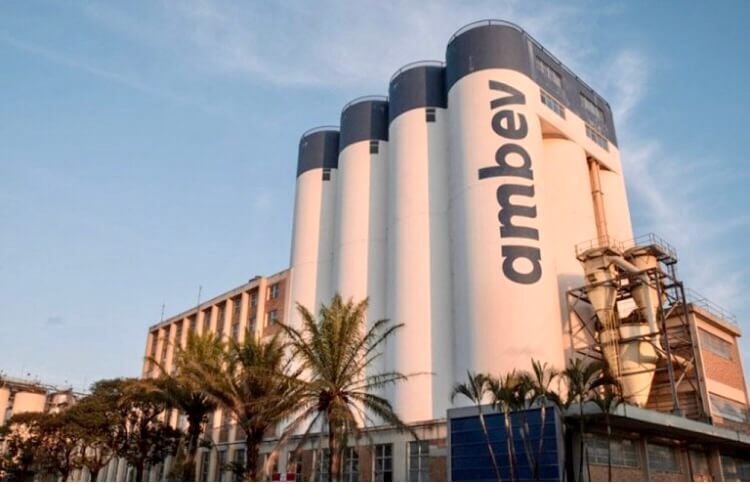/i.s3.glbimg.com/v1/AUTH_37554604729d4b2f9f3eb9ad8a691345/internal_photos/bs/2022/L/z/Dxv1bmQnqvz90rZk7bew/12emp-100-ambev-b1-img01.jpg)
Ambev, the owner of beer brands Brahma, Skol and Antarctica, is presenting a “new chapter” of its history to investors this Tuesday. “To say we are a beverage company no longer represents us entirely,” CEO Jean Jereissati told Valor. The group wants to be, more and more, a platform, which goes beyond selling beer or soft drinks and includes food and even services, such as credit and renewable power generation.
Ambev has been successful until now with a model of strong expansion, search for efficiencies and inorganic growth. “The company conquered the world,” the executive said. “But when we turned 20 [in 2019], we rethought what the next 20 years would look like, and it became clear that what brought us here was not what would take us there.”
The company now wants to make alliances, like the ones it already has with BRF, M. Dias Branco or Pernod Ricard to sell its customers salami, cookies and vodka.
The Covid-19 pandemic in 2020 has somewhat opened the “technology window” for the company to put into practice what it began discussing as recently as late 2015 and early 2016. “The world went to online retail, it is digital now, and we were prepared when the pandemic came.”
If before only 15% of around 1 million customers were digital, today 80% are. “[The digital channel] was an option before. Now it is our core business. That’s where everything happens.”
Increased digitalization has had a major impact on the operation, speeding up the business. A bar, for example, can place orders through the Bees platform. This has given Ambev’s salesperson more time. Before the pandemic, a salesperson had only seven minutes to talk to a customer – there are 5,000 salespeople for a portfolio of one million customers. With Bees, a bar or restaurant ends up being in contact with the company for 37 minutes.
Digitalization also increased the umbrella of activities and the productivity of the salespeople, now called representatives by the company. The same 5,000 workers that served 750,000 customers in 2019 now deal with 1 million and will serve 1.2 million soon, the executive said.
To do so, a workforce of another 5,000 people has been assembled, with programmers and developers working on improving the several technologies used by Ambev and to creating new products and services. One priority is to improve logistics. The company started using small warehouses as distribution centers and motorcycles to speed up deliveries.
“Our acquisitions now should be more about improving our capabilities, in technology and logistics, and making alliances,” Mr. Jereissati said. The company plans, for example, to develop or buy a company that has created software for managing orders.
In the last three years, the company’s investments, including innovation, totaled R$17.5 billion, or R$7.77 billion last year alone.
In the last two years, the company has launched and managed to consolidate digital services such as the end consumer sales app Zé Delivery and Bees, for sales to bars and restaurants.
The platform Mr. Jereissati puts at the center of his strategy includes offering credit to customers. From the beginning of the pandemic until the end of 2021, the mass of credit offered to small retailers has doubled and is expected to double again this year. Sanitary restrictions, which required the closing of bars and restaurants for months on end, caused a crisis in this segment. For this reason, Mr. Jereissati said, “we were very flexible and rolled over the payments.” Fintech company Bees Bank, formerly called Donus, has 250,000 digital accounts.
This new operating model helped Ambev to sell 180 million hectoliters in 2021, a record level. Net revenue grew 24.8%, to R$72.85 billion. According to him, the year was less about big industry growth and more about market grabbing. “We were very countercyclical in the pandemic.”
Competition became fiercer. Heineken complained to antitrust regulator CADE this year against Ambev’s exclusivity contracts with bars. Mr. Jereissati showed itself to be calm. “It represents very little of our sales.” According to sources heard by Valor, exclusivity contracts account for about 2% of Ambev’s revenue.
Source: Valor International

